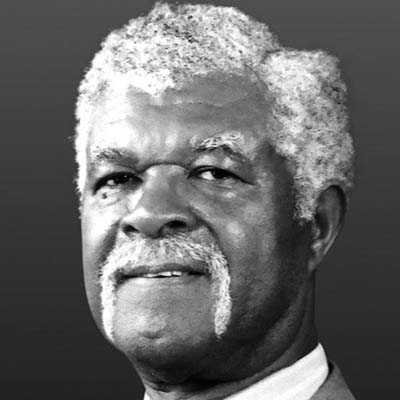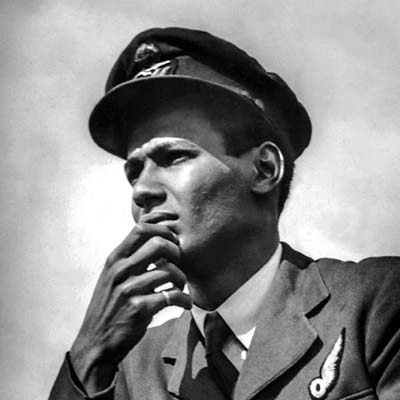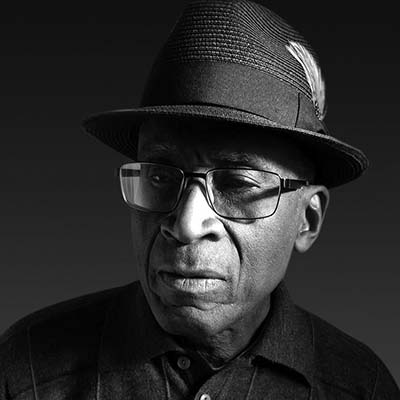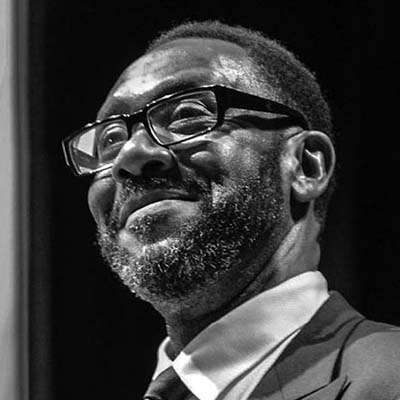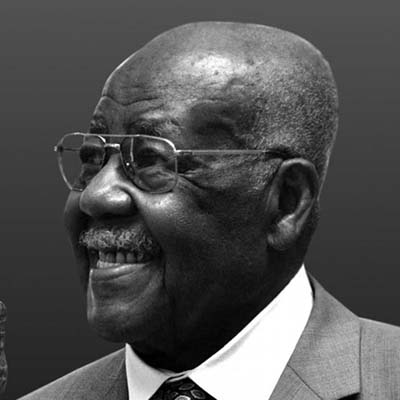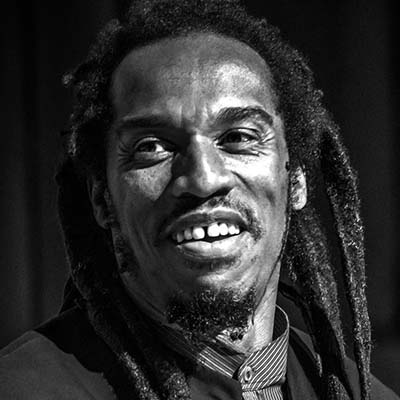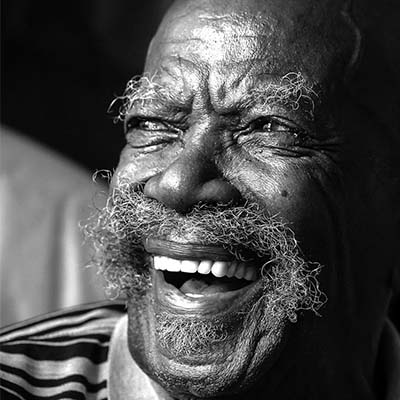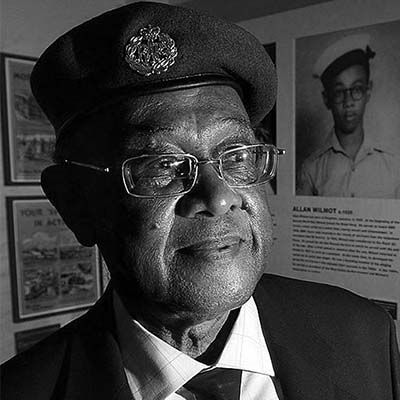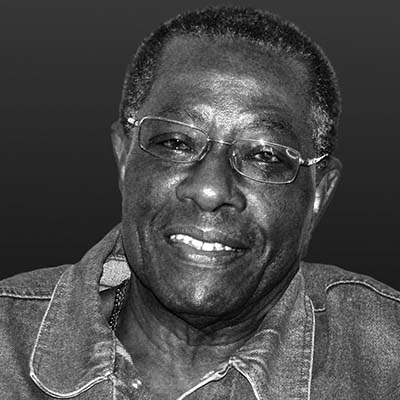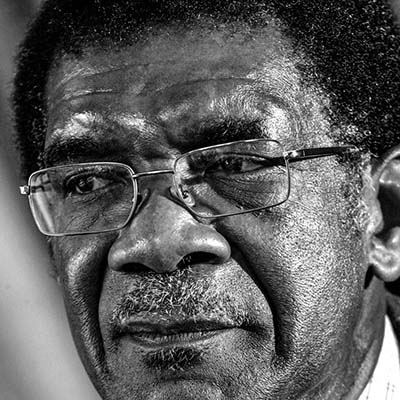BERNIE GRANT

A prominent trade unionist and local councillor, Bernie Grant went on to make history as one of four black politicians elected to parliament in 1987
1944-2000
Share this:
Christened Bernard Alexander Montgomery Grant, Bernie was born in Georgetown, British Guiana, in 1944 and settled in Britain with his parents 19 years later. He studied at Tottenham Technical College and Heriot Watt University in Edinburgh, graduating with a degree in engineering.
In the 1970s he worked at the Post Office’s international telephone exchange, where he became a union rep and gained a reputation for combatting racist practices in the workplace. He went on to become an official for the National Union of Public Employees before being elected to Haringey council in north London, where he thrust himself at the forefront of anti-racist campaigns around education and policing as well as the council’s own employment practices.
Within a year he was made deputy leader of the council and in 1985 he was elected leader. Already a controversial figure because of his forthright views, it was during the Broadwater Farm uprising of that year he became dubbed “Barmie Bernie” by the right-wing press after he defended young black youth against police harassment.
He became involved in the Labour Party’s Black Sections Movement, which called for greater black political representation and this helped pave the way for his selection as parliamentary candidate for Tottenham – which includes part of the borough of Haringey – forcing aside the incumbent MP Norman Atkinson.
In 1987 Bernie Grant was duly elected MP and became part of the historic intake of four black MPs. Bernie never did things by halves and entered parliament wearing West African ceremonial robes.
Bernie was the chair of the All-Party Group on Race and Community, as well as being a member of select committee on international development. He founded a number of organisations to further causes close to his heart including the Africa Reparations Movement and the Parliamentary Black Caucus.
He was openly critical of Labour’s decision not to field a black candidate for the Vauxhall by-election of 1989, a constituency that had a large black population.
Despite continued negative press attention, he remained a hugely respected figure. When he died of a heart attack aged 56, an estimated 3,000 people turned out to salute his funeral cortege as it passed through Tottenham, pausing at Broadwater Farm.
Check out more of our Pioneers and Champions
Privacy Policy | Registered charity number: 1159291 | Copyright © 2024 Windrush 70 | Design: ATOMIC CONCEPTS

